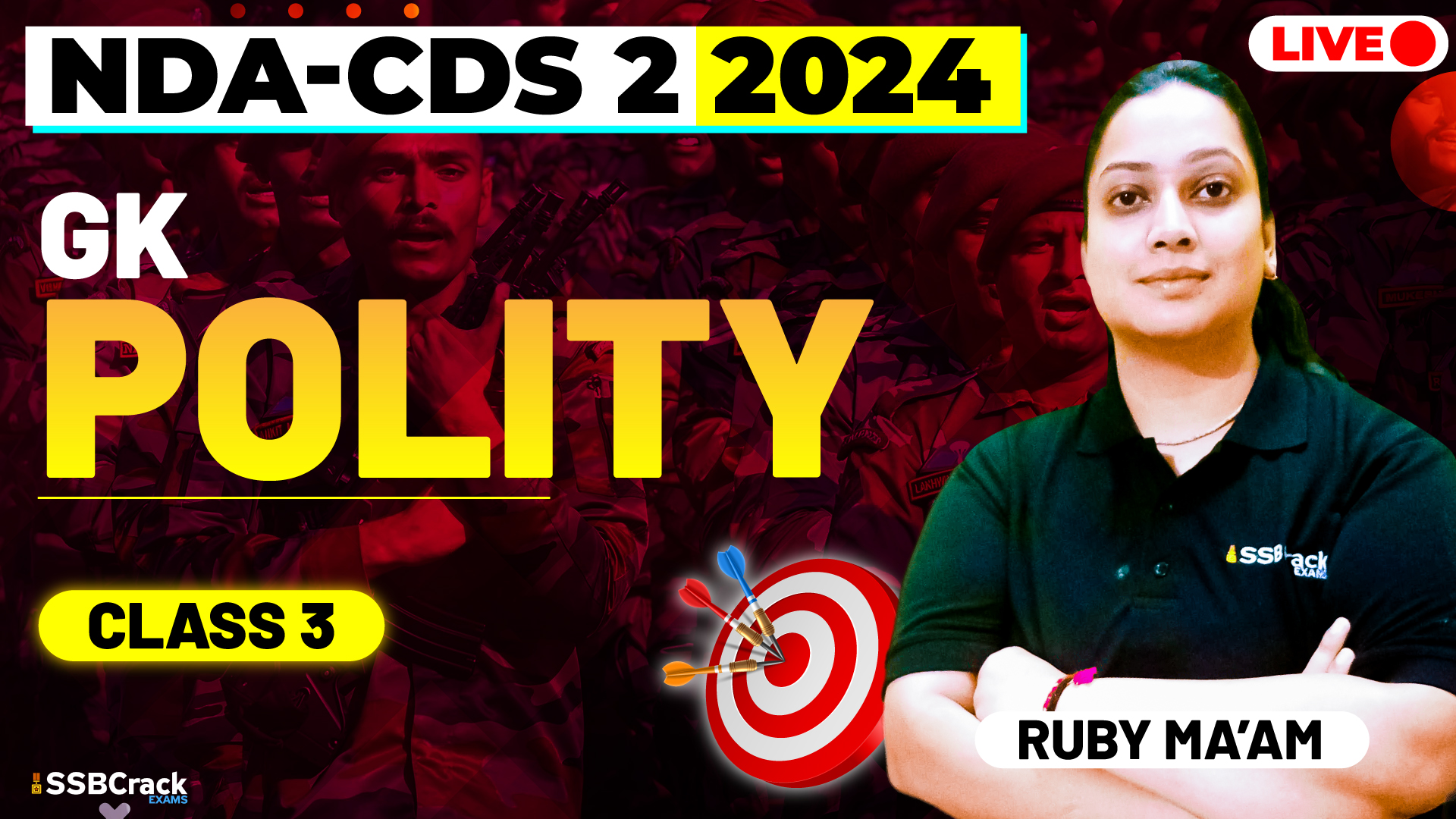As an aspirant for the National Defence Academy (NDA) or Combined Defence Services (CDS), understanding the essence of Fundamental Rights is crucial. These rights form the cornerstone of Indian democracy, providing citizens with essential freedoms and protections. Here, we explore why an in-depth comprehension of Fundamental Rights is vital for future military officers.
1. Upholding Constitutional Values
The Indian Armed Forces are sworn to protect the Constitution of India, which includes safeguarding the Fundamental Rights enshrined in it. These rights, outlined in Part III of the Constitution, include the right to equality, freedom of speech and expression, and protection against exploitation, among others. As a military officer, your role will extend beyond defense against external threats; it will also include ensuring that the principles of democracy and human rights are respected within the nation.
2. Ensuring Ethical Conduct
Fundamental Rights act as a moral compass for the armed forces. For instance, the right to life and personal liberty (Article 21) mandates that even during conflict or counter-insurgency operations, the forces must adhere to rules of engagement that respect human life and dignity. Awareness of these rights fosters ethical decision-making, ensuring that actions taken in the line of duty are justified and lawful.
3. Fostering Trust and Legitimacy
The armed forces enjoy immense respect and trust among the Indian populace. This trust is built on the perception that the military upholds the highest standards of integrity and justice. By ensuring that Fundamental Rights are respected and protected, military officers reinforce the legitimacy of their operations, both in the eyes of the public and the international community.
4. Facilitating Civil-Military Relations
A strong understanding of Fundamental Rights is essential for maintaining healthy civil-military relations. Military officers frequently interact with civilians, especially in disaster relief, peacekeeping missions, and during internal security duties. Respecting and protecting civilians’ Fundamental Rights during these interactions helps in building a positive rapport between the military and the civilian population, essential for national cohesion.
5. Personal Empowerment and Leadership
For NDA and CDS aspirants, a grasp of Fundamental Rights is also about personal growth and leadership. Knowledge of these rights empowers you to lead by example, fostering an environment where the values of liberty, equality, and justice are paramount. It also equips you with the moral authority to mentor subordinates, ensuring they act within the legal and ethical frameworks of the nation.
6. Navigating Legal Complexities
Military operations often involve complex legal scenarios. Familiarity with Fundamental Rights helps officers navigate these complexities, ensuring operations are conducted within the bounds of national and international law. This knowledge is particularly relevant in situations involving martial law, curfews, and other extraordinary measures where the balance between security and rights is delicate.
7. Promoting International Standards
India is a signatory to various international treaties that emphasize human rights, such as the Universal Declaration of Human Rights. As part of a globally respected military, Indian officers are expected to uphold these standards. Understanding Fundamental Rights ensures that Indian military practices are in alignment with international norms, enhancing the country’s reputation on the global stage.
Conclusion
For NDA and CDS aspirants, the importance of Fundamental Rights extends far beyond academic knowledge. It is about embodying the principles that these rights represent, ensuring that as future officers, you uphold the democratic values of India. By integrating this understanding into your professional and personal conduct, you contribute to the honor and integrity of the Indian Armed Forces, reinforcing its role as a protector of both the nation and its constitutional values.







